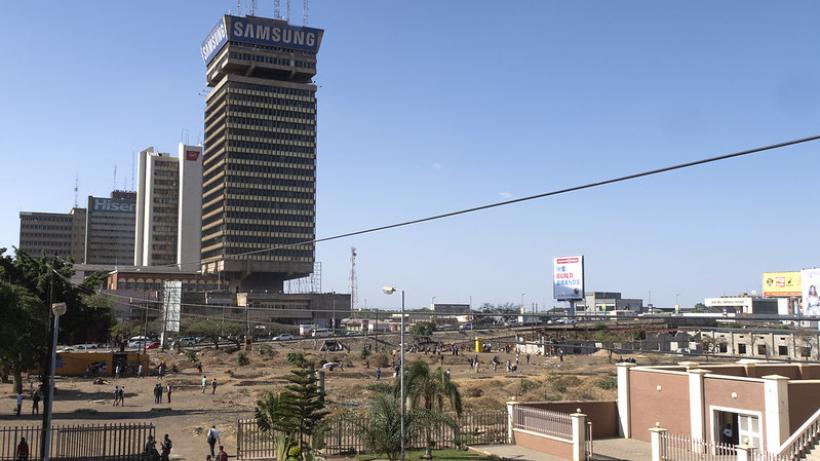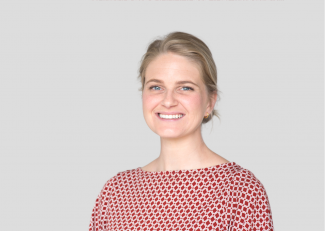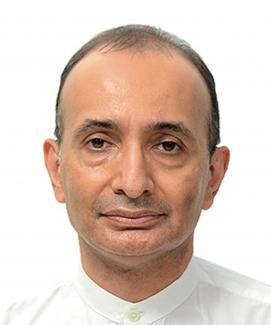
Building better data to support sustainable urbanisation in the Commonwealth

The Commonwealth Association of Architects, in collaboration with the International Growth Centre, Ordnance Survey and Nesta Challenges, is pleased to announce a series of three inter-linked online events the aim of which is to explore how to ‘Build Better Data to Support Sustainable Urbanisation in the Commonwealth’.
The series is held on 5 - 7 July 2021 in support of the Call to Action on Sustainable Urbanisation in the Commonwealth that has been developed jointly by the Association of Commonwealth Universities, the Commonwealth Association of Architects, the Commonwealth Association of Planners and the Commonwealth Local Government Forum, with support from the Government of Rwanda and The Prince’s Foundation.
Find out more about the key messages and themes from the event in this IGC blog.
Building a strong evidence-base for policy making and action in cities
Hosted by the International Growth Centre
UN Habitat suggests that 65% of the 169 targets underpinning the 17 Sustainable Development Goals are linked to territorial and urban development. Faced with the complex challenges of rapid urbanisation, climate change and the recovery from Covid-19, this session brings together policymakers, academics and practitioners to consider (1) the importance of building an evidence base in fast-growing cities, (2) the kind of data and evidence that we need, and (3) how we can work together more effectively to help build a strong evidence base for effective policy making and action on the ground to help deliver sustainable urbanisation, leaving no one and no place behind.
This session also pays tribute to the vision of our friend and colleague, Patrick Musoke, who was confirmed as one of the key speakers but tragically passed away on 17th June, 2021 in Kampala. Read more here.
Informing urban policy decisions using better data in Zambia
Hosted by Ordnance Survey
Informal settlements make up over 54% of the urban population in Africa, with profound consequences in terms of health & well-being, prosperity and environmental impact, plus the fact that retrofitting infrastructure is three time more expensive. In Lusaka, Zambia, an urbanisation plan is needed to better target investment in critical infrastructure and services, upgrading informal settlements to provide for the most vulnerable residents. But how can policy makers make informed decisions? And quickly? Working with the IGC and CAA, Ordnance Survey produced detailed data in a few weeks so that policy makers can start to ensure a more resilient urban future for Lusaka and its residents. We also discuss tools that can help nations measure their progress against SDGs and help with their resilient recovery from COVID-19.
Responding to the global urban planning challenge: Developing an open innovation competition
Hosted by Nesta challenges
The pace of urbanisation in many Commonwealth Countries in Asia and Africa is without precedent. For example, in Africa urban populations are expected to triple by 2050. However, there is a critical shortage of reliable, easy-to-use, data-driven planning and mapping tools to support planning decision-making in rapidly urbanising countries. Cost-effective, user-led, data-driven products and services have the potential to significantly improve the capacity of local governments and communities make planning decisions and strategic infrastructure investments that are evidence-based and in line with sustainable and equitable development principles. A challenge prize holds potential to drive innovation in this space. This session explores the points where a prize could have significant leverage, including a dive into the nature of the problem; current barriers to developing, using and scaling data-driven tools; and strategies to engage innovators, cities and stakeholders to accelerate innovation.
Each session includes a short framing presentation followed by a discussion with a diverse panel of experts and also includes contributions from the audience. We attempt to summarise each session in the form of a series of key messages and outputs and hope you will join us as we build upon the Call to Action to develop a programme of practical action to engage with the challenges of rapid urbanisation, climate change and the impact of Covid-19.





